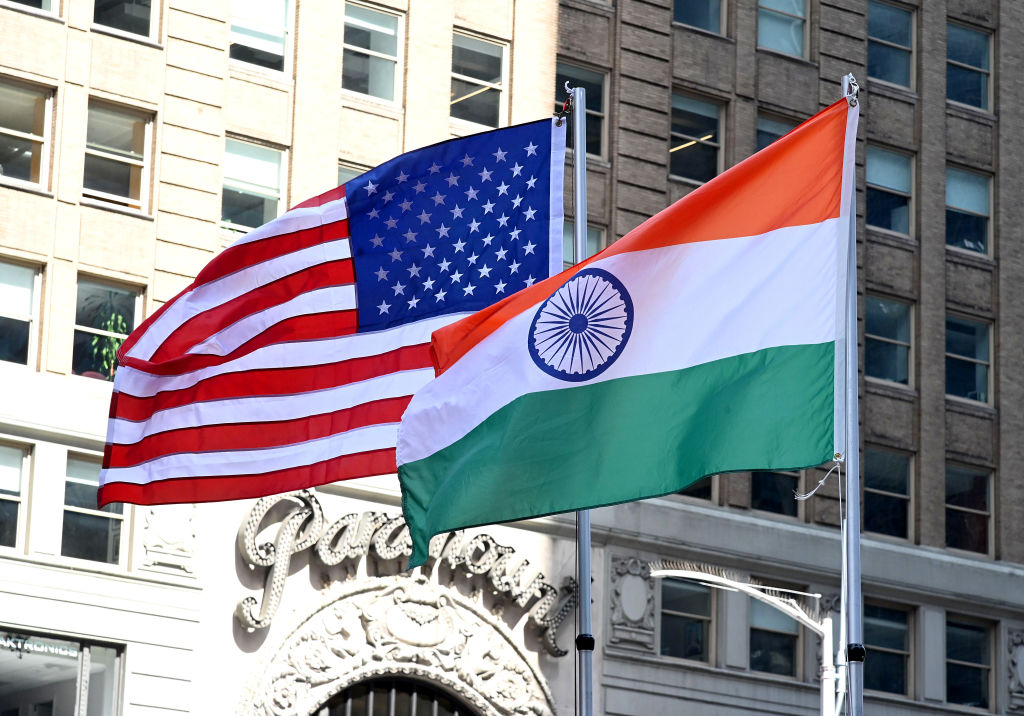- Sunday, February 23, 2025

By: Shubham Ghosh
Shubham Ghosh
INDIAN-AMERICANS, who form the second-largest immigrant groups in the United States, regularly face discrimination and polarisation, according to a survey which was released on Wednesday (9).
The report, titled ‘Social Realities of Indian Americans: Results from the 2020 Indian American Attitudes Survey’, draws on the Indian-American Attitudes Survey (IAAS) – a collaboration between the Carnegie Endowment for International Peace, Johns Hopkins School of Advanced International Studies and the University of Pennsylvania.
Indian-Americans, who constitute the second-largest immigrant group in the US, regularly encounter discrimination and polarisation, according to a survey released on Wednesday.
The report, ‘Social Realities of Indian Americans: Results from the 2020 Indian American Attitudes Survey’ draws on the Indian-American Attitudes Survey (IAAS) — a collaboration between the Carnegie Endowment for International Peace, Johns Hopkins-SAIS, and the University of Pennsylvania.
The findings of the survey are based on a nationally representative online survey of 1,200 Indian-American residents in the US – the 2020 IAAS – conducted in September last year, in partnership with the research and analytics firm YouGov, it revealed in a statement.
Discrimination on skin colour most common
“Indian-Americans regularly encounter discrimination. One in two Indian Americans reports being discriminated against in the past one year, with discrimination based on skin colour identified as the most common form of bias. Somewhat surprisingly, Indian-Americans born in the United States are much more likely to report being victims of discrimination than their foreign-born counterparts,” the report added. It also said the Indian-Americans exhibited very high rates of marriage within their community.
The report also added that polarisation among India-Americans reflects broader trends in the US society. “While religious polarisation is less pronounced at an individual level, partisan polarisation — linked to political preferences both in India and the United States — is rife. However, this polarisation is asymmetric: Democrats are much less comfortable having close friends who are Republicans than the converse,” it said.
When it came to political polarisation in India, the same holds true of supporters of the Congress Party and the Bharatiya Janata Party which is ruling the country at the moment.
“To some extent, divisions in India are being reproduced within the Indian-American community. While only a minority of respondents are concerned about the importation of political divisions from India to the United States, those who identify religion, political leadership and political parties in India as the most common factors,” the report added.
Indian-Americans constitute a little more than one percent of the total population of the US and less than one percent of all registered voters. There are 4.2 million people of Indian origin residing in the US, as per 2018 data.